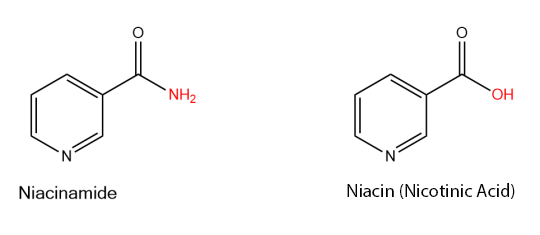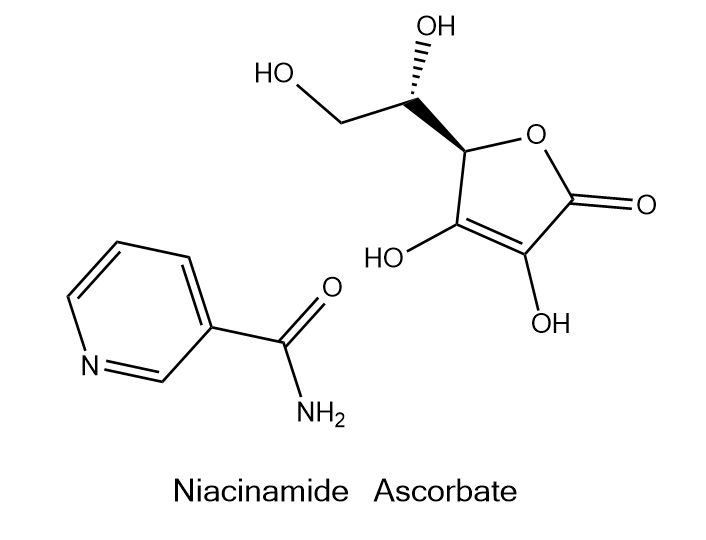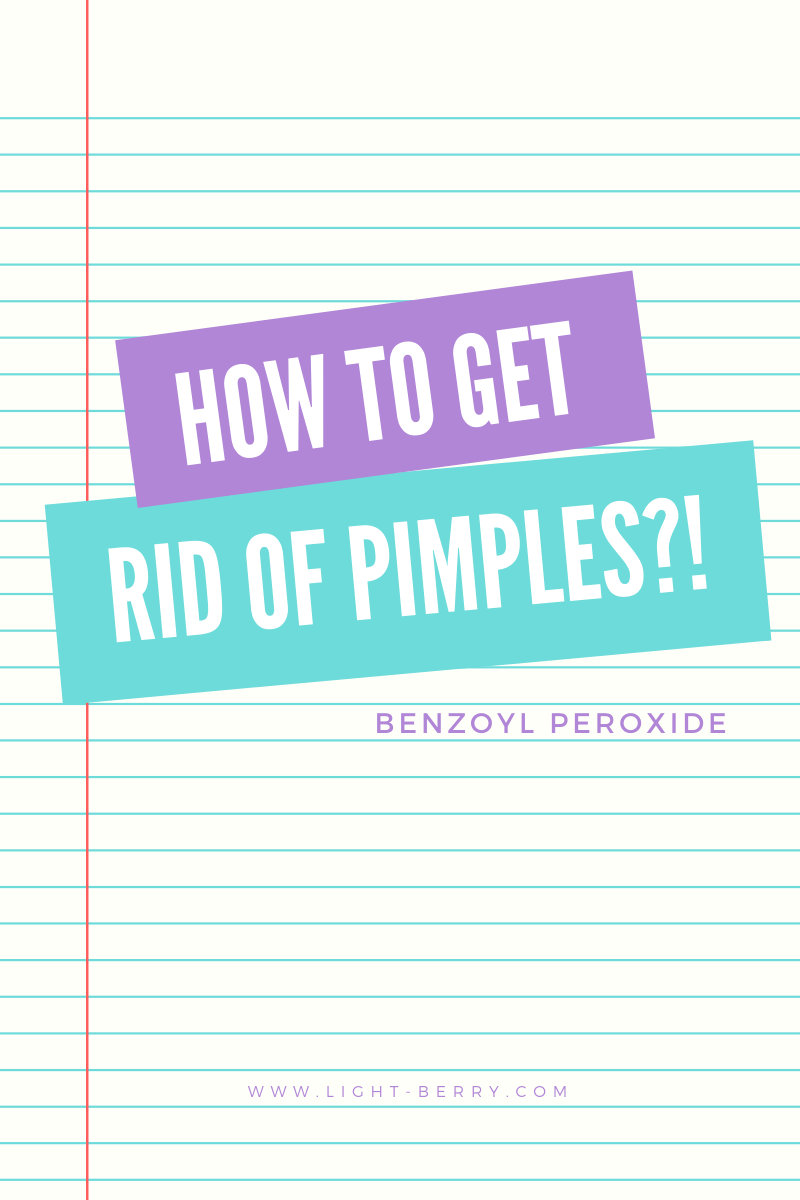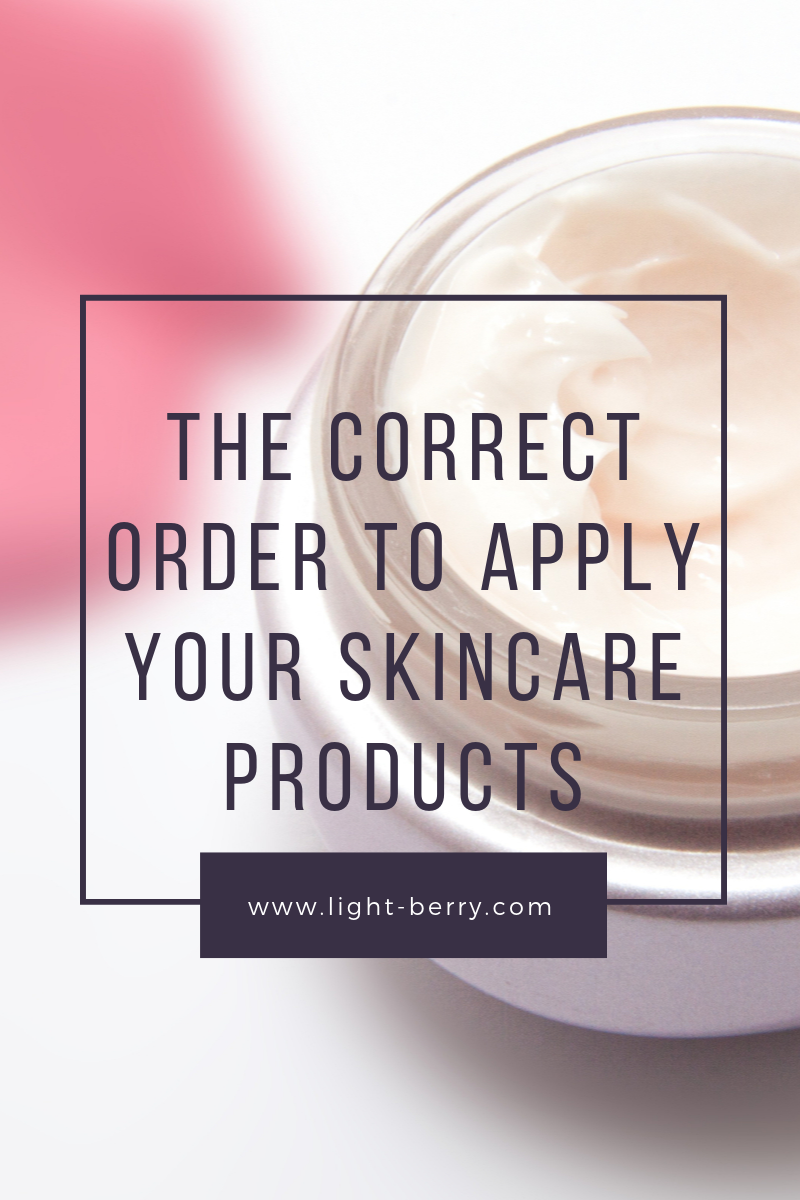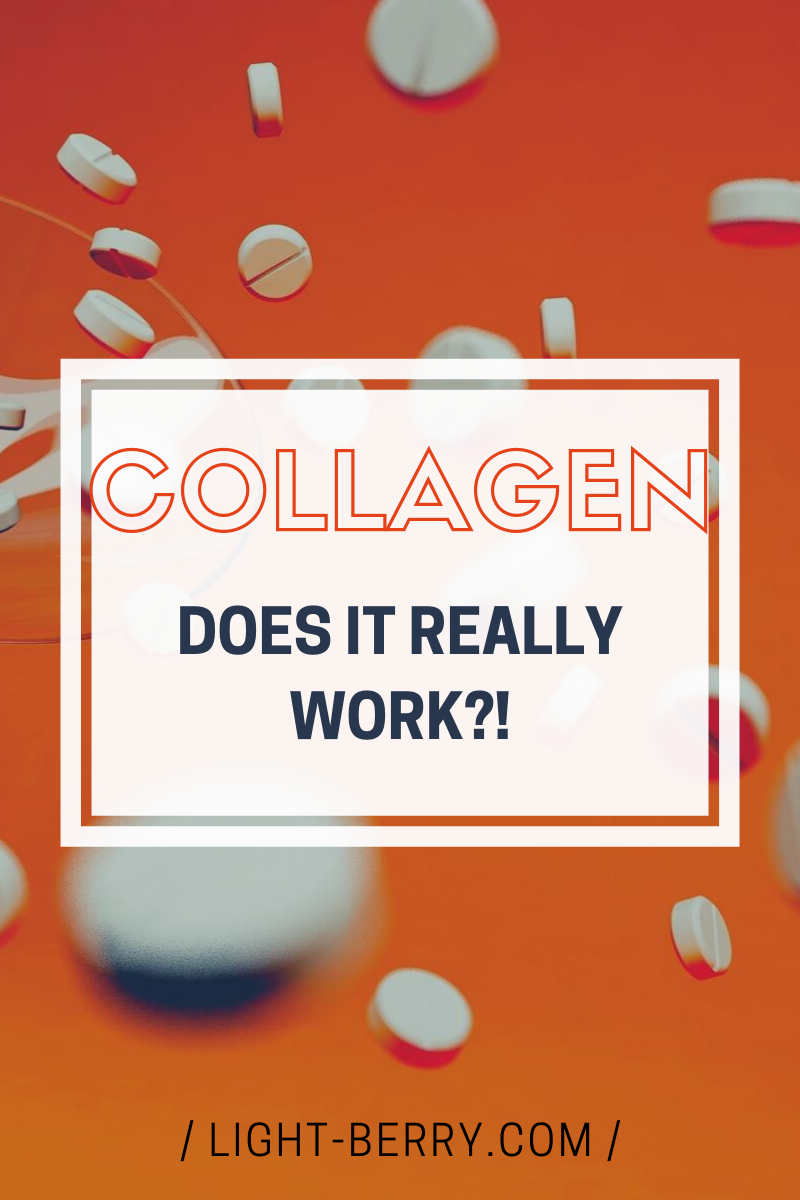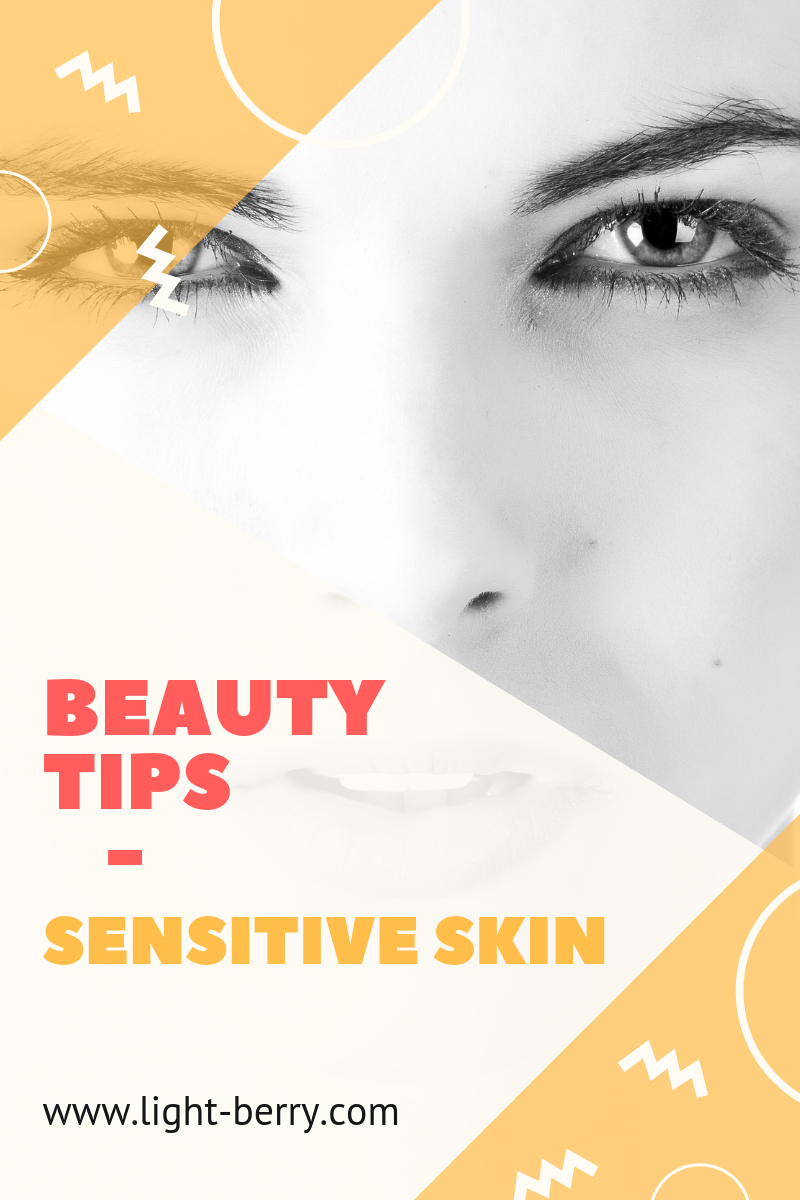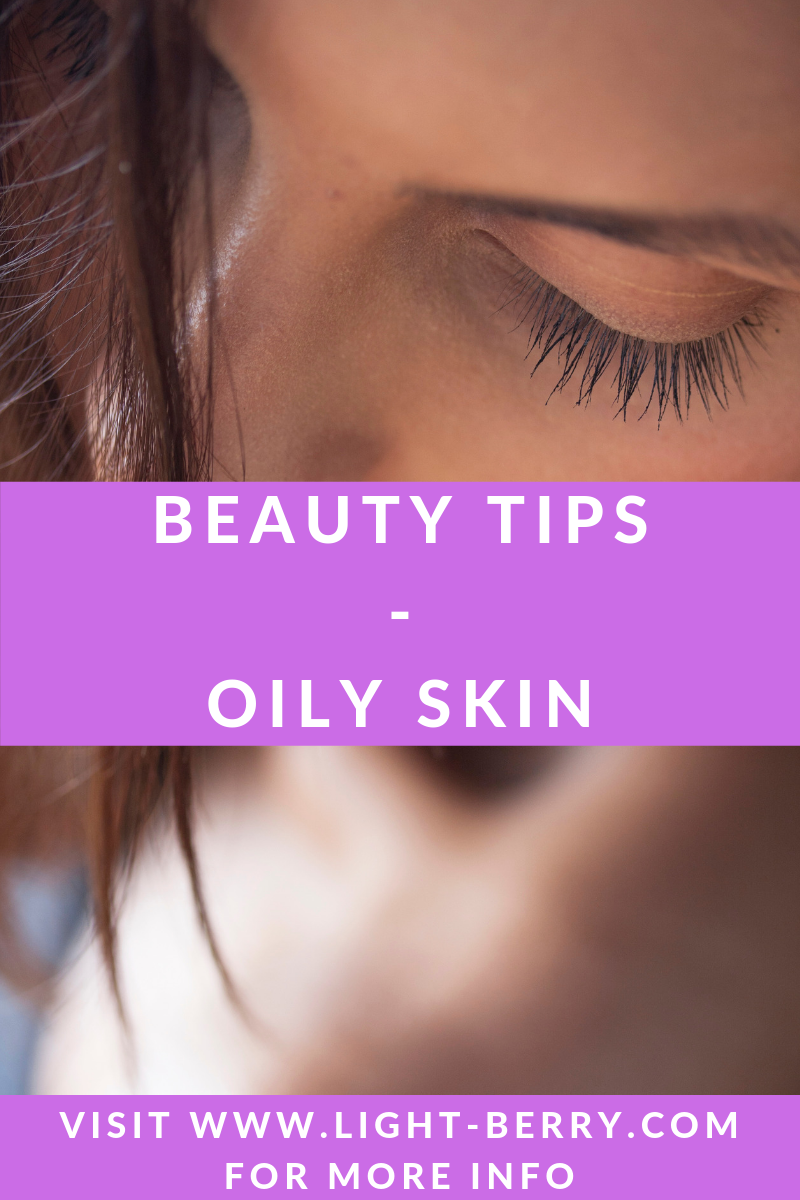Let’s Take a Closer Look: Niacinamide
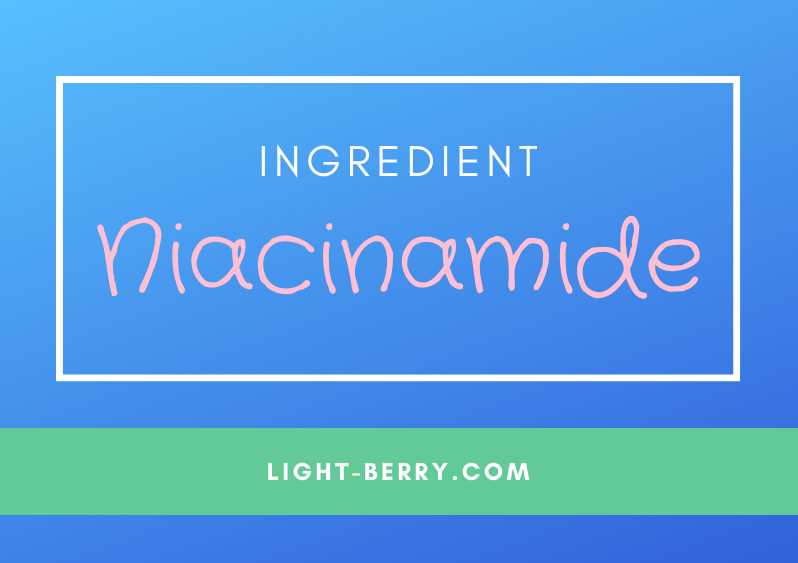
I learned different skin care ingredients, and today is the time for niacinamide. Niacinamide is an ingredient that is very popular in skin care products. Check your own jars, chances are you are using something for your face that contains this ingredient! But what does niacinamide do for your skin?
What is niacinamide?
Niacinamide, also known as nicotinamide or vitamin B3, is an ingredient that works for almost any type of skin without any major side-effects. This is due to the fact that niacinamide is naturally found in our skin. This makes niacinamide a very popular ingredient for skin care manufacturers, but only with a higher concentration does it really affect skin problems such as acne, excessive sebum or hyperpigmentation. In lower concentrations, it is primarily just a “delicious” moisturizing and anti-aging ingredient.
Niacinamide for Anti-Aging
In our skin, niacinamide functions as a precursor of various enzymes, which makes it an integral part of the processes that occur there. Among other things, niacinamide is to maintain the skin barrier by increasing ceramide production.
Ceramides are lipids (fats) that are found naturally in high concentrations in the uppermost layers of skin. They are the most abundant part of skin, making up over 50% of its composition. Ceramides basically act like glue to hold skin cells together and form a protective layer that retains moisture. Ceramides also provide healthy and firm skin.
Our skin is our largest organ. The rest of our organs are located inside body and are well protected, but skin must protect itself. If your skin barrier is damaged, it can lead to skin problems such as dry skin, wrinkles, redness and irritation. For this reason, niacinamide is an excellent ingredient for people with (very) dry and sensitive skin, and it is also very effective as an anti-aging skin care product.
Niacinamide and Acne
Niacinamide has anti-inflammatory properties, so it is a very good ingredient for people with acne or rosacea. It has been scientifically proven that a 4% niacinamide concentration really helps in the treatment of acne. Niacinamide prevents infections caused by excess sebum.
Niacinamide and Hyperpigmentation
It has been scientifically proven that a minimum concentration of 4% helps reduce hyperpigmentation.
Niacinamide and Vitamin C
I recently purchased pure vitamin C powder and the label on the packaging says that I should not combine this product with products containing niacinamide. “But why?”
Niacinamide is converted to niacin. Niacin has a side effect, which ultimately leads to the expansion of blood vessels. This isn’t recommended for people with rosacea and sensitive skin.
But! Niacinamide is a very stable ingredient that, according to research, it turns into niacin only after you have heated it for 20 minutes to 120 degrees.
If you have skincare products containing both niacinamide and vitamin C, there is a chance that a small amount of niacin will form over time. You will notice redness of the skin after application.
If you have two skincare products (one with vitamin C and one with niacinamide) that you combine on your skin, risk of niacin formation is almost zero. Niacinamide is highly stable for this.
Another reason is that niacinamide and vitamin C neutralize each other. Thanks to combination of these ingredients, niacinamide ascorbate is formed and this doesn’t work.
Therefore, I understand the problems associated with combination of ingredients, but a lot of research has been done that shows, niacinamide and vitamin C can be used together. I think it’s perfect combination to combat hyperpigmentation. However, you need to remember if you have, for example, rosacea, niacin can cause redness. Therefore, always check the ingredient list!
What does niacinamide do for the skin?
- Restores the protective skin barrier
- Moisturizes
- Smoothes wrinkles and fine lines
- Soothes the skin
- Anti-inflammatory
- Reduces sebum production
- Reduces hyperpigmentation
I see no reason not to use niacinamide! With right concentration (at least 4%), it can bring many benefits to your skin.
I hope you were interested in learning more about niacinamide. Do you think niacinamide skin care products are interesting to you?


